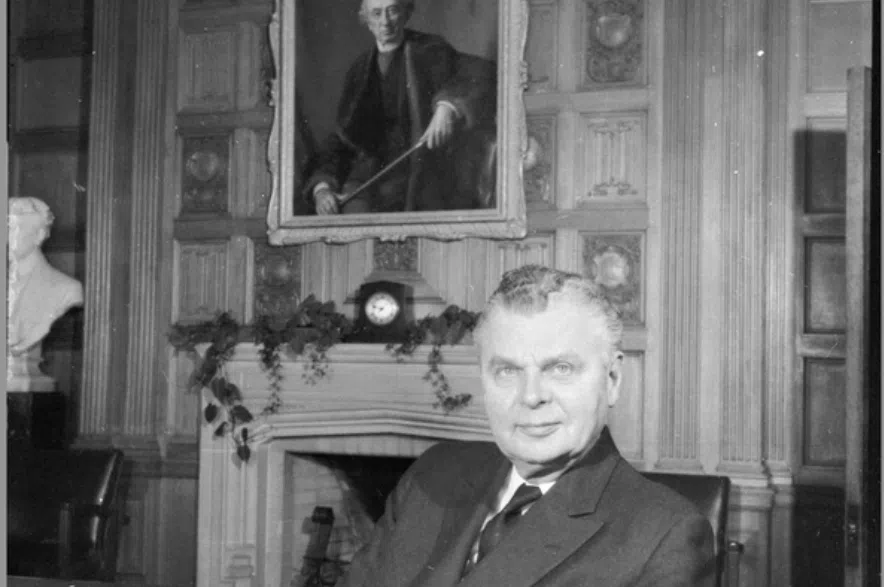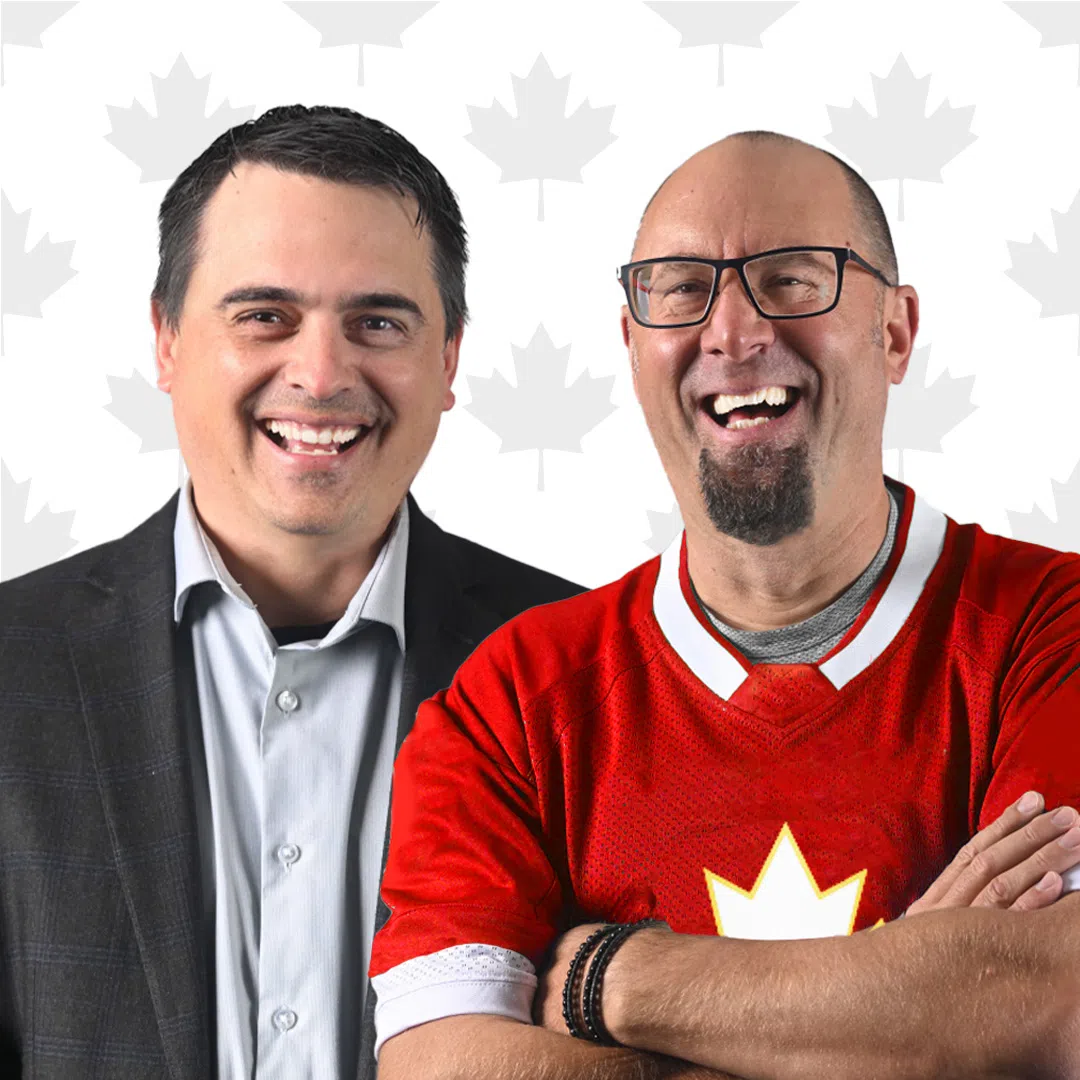As the dust settles and Canadians reflect on the new Liberal minority government, many felt as though this election was a consequential one for the country.
Nowhere in history has an American leader tried to make the case for Canada to amalgamate. But there has been strain with our neighbours to the south before, and perhaps one chapter of history Parliament could look to for guidance.
Author, columnist and professor Bob Plamondon recently released his sixth book on Canadian history and leadership. His latest book Freedom Fighter: John Diefenbaker’s Battle for Canadian Liberties and Independence examines the life and political career of John Diefenbaker, Canada’s 13th prime minister.
Read more:
- Trump, trade barriers and passing a budget on Carney’s spring to-do list
- Alberta MP to step aside to allow Pierre Poilievre to run for seat in Parliament

Freedom Fighter: John Diefenbaker’s Battle for Canadian Liberties and Independence. (Submitted to PANow)
“I’m fascinated by our history. My view is that we’re an improbable country that when given the forces, particularly the United States, that we have carved out an independent country that has survived, has thrived.
“It’s largely because we’ve had some inspirational leadership over the years. We can learn a lot from our past leaders, from our history and how we’ve overcome our challenges,” Plamondon said in a phone interview.
Diefenbaker, he said, was almost always on the right side of history.
Diefenbaker hailed from the Prairies and worked as a lawyer in Prince Albert and neighbouring Wakaw before entering politics. His foray into the political sphere was a challenging one with many defeats as he often wasn’t taken seriously by Tory party brass. But Plamondon argues it was Diefenbaker’s deep connection to rural, everyday Canadians that earned him his eventual success.
“Prince Albert and rural Saskatchewan had a significant impact on him. More for what they were and what they weren’t. What they were was small town, hardworking people. People who were not powerful. People who were not wealthy. People who were sometimes taken advantage of,” he said.
“You can’t help but identify with that swath of people who go up to work everyday, who aren’t wealthy, who are family-oriented and contrast that with the academics, the wealthy, the elite and the powerful — those are not the people that John Diefenbaker rubbed shoulders with, or even wanted to be friends with or even ask their opinions. He had this connection with ordinary Canadians.”
Giving fairness to Canadians, addressing opportunities for those of lesser means, and prioritizing his Bill of Rights (inclusive of Indigenous rights) were priorities for Diefenbaker 60 years ago.
A frayed period of Canada-U.S. relations happened during his prime ministership, marked by several head-butts with President John F. Kennedy. There were instances in which Diefenbaker refused to capitulate to anything perceived as a threat to Canada’s sovereignty.
“I did not expect when I was doing my research and writing the book that we would have an American president so belligerently expressing his view that Canada is effectively a failed country and should be the 51st state,” Plamondon said.
“I didn’t expect we would be facing this kind of threat.”
Diefenbaker’s term didn’t involve this level of incursion, but the similarities between today and 60 years ago are striking.
There was pressure from the Americans for Canada to reduce its trade with China, Diefenbaker’s campaign was threatened by foreign election interference and threats from the Cold War and Kennedy’s desire to have American controlled nuclear weapons on Canadian soil hit a pressure point.
Diefenbaker’s 1963 and 1965 electoral campaign was on a message of Canadian independence. He was steadfast in carving out a niche on the global stage in proving Canada was its own country — one that was sovereign from American influence or control.
Policies by his government reflected that, with focus on building relations and diverting 15 per cent of trade from the United States toward Commonwealth countries.
“I think if he were faced with the kind of threats that we have today, I don’t think he would be claiming that Canadian sovereignty was at stake insomuch as he would never continence any form of subservience or even negotiations with the United States around our sovereignty,” Plamondon said.
“I think he would do the same if this was the case today.”
As Canadians reflect on this new chapter, Plamondon said his book can be a sort of rearview mirror of the issues and decisions that shaped our nation and the underdog who led the way.
- Freedom Fighter: John Diefenbaker’s Battle for Canadian Liberties and Independence by Bob Plamondon is on sale now.
— by Glynn Brothen
Read more:











